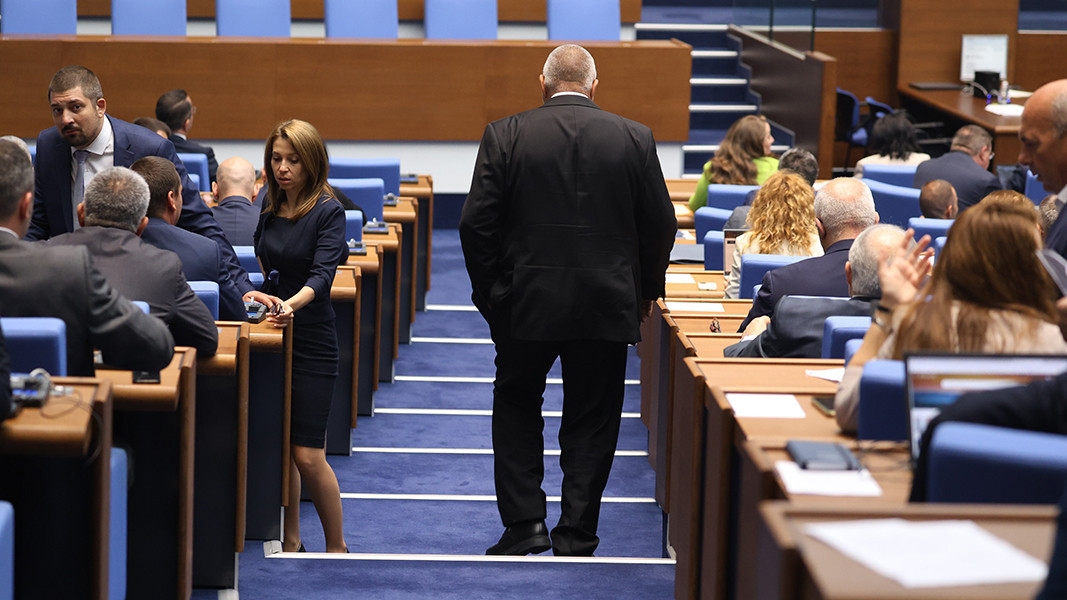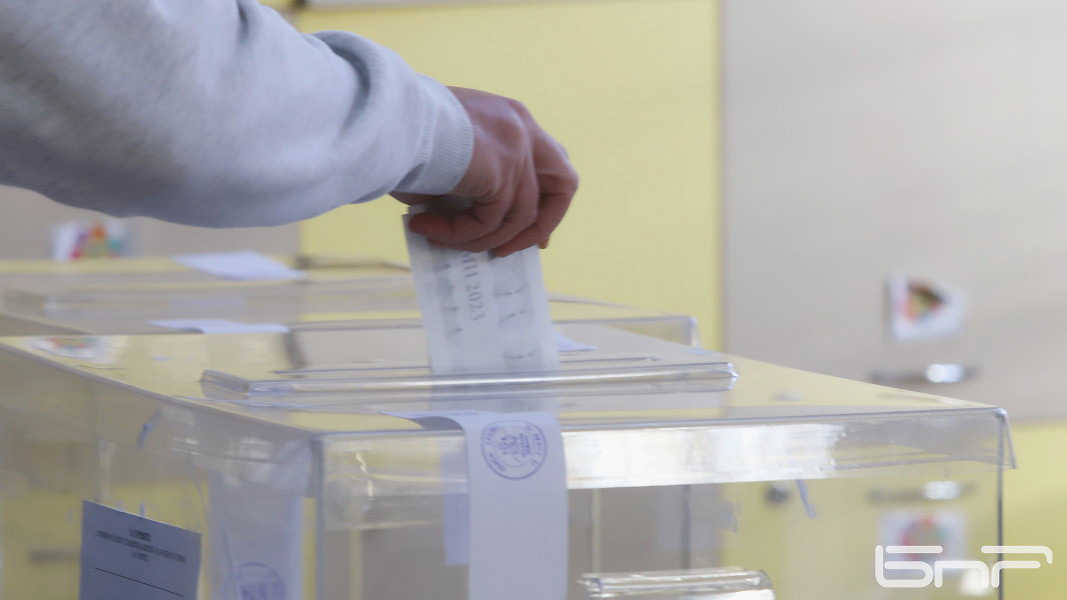Bulgaria is facing the 7th snap parliamentary election in a row in three years. The reason is that, once again, all three exploratory mandates for the formation of a cabinet which the president hands to parties represented in parliament have fallen through.
With the help of Gallup International Balkan political analyst Svetlin Tachev we try to find out what state democracy and the political system in Bulgaria are in.
What we are seeing is the depreciation of the political formations, he says, because “the more often elections take place the more they cannot offer voters anything new, and they on their part cannot find an alternative”. But there is one more problem:
“I believe that this crisis of democracy is heading towards a situation of temporary governance because we are living almost permanently in the conditions of caretaker rule, and the terms of office of a number of institutions and members of regulatory bodies have expired. This temporary governance puts the country at a crossroads because the more the political crisis and the crisis of democracy deepen, the more there will be voices saying that the model is depreciated and needs to be replaced by a new one, and that is the most dangerous thing. The problem is not in the system, it is in the political elite which has lost the reflex of governing.”
Besides the low voter turnout with which the MPs to the 50th National Assembly were elected, parliament demonstrated one more symptom of a crisis of democracy – a disconcerting number of independent members of parliament (39), some of whom turned independent practically as soon as it was constituted.
The key to managing the political crisis is in optimizing the process, not butchering it, the political analyst says and adds:
“Preferential voting was an example of optimization offering a majority vote element in the set candidate lists of the parties, and over the years, people learnt how to make effective use of it. Machine voting was also an optimization even though there have been arguments whether it is cost-effective or not, but it did optimize voting to such an extent as to drastically bring down the number of invalid ballots, and to some degree reduced the amount of “corporate” voting. Mechanisms of this kind can gradually improve the state of the electoral process and democracy but instead of looking for ways to make that happen we are more bent on destroying it,” Svetlin Tachev says and goes on to explain:
“When you are making changes in the constitution targeted at a given individual instead of with the aim of improving democracy, then the result has been that the Constitutional Court rejected all changes connected with the judiciary, but did not reject the ones connected with the caretaker cabinet. Which means that when changes are made they must build upon what already exists, not butcher it.”
Here is how Svetlin Tachev explains the low voter turnout which hit rock bottom during the previous election in June when 34.41% of all people eligible to vote actually went to the polls:
“It looks like voter turnout may continue to go down which shows that the apathy of the public in Bulgaria is spreading, and that might be regarded as a sign of protest. When they refuse to take part the voters are saying they disagree with what is happening. The falling turnout delegitimizes the National Assembly, but it also brings down the number of votes needed for new, small, exotic parties to clear the 4% threshold for entering parliament and that will only mean an even more fragmented National Assembly making the formation of a cabinet even harder.”
Translated and posted by Milena Daynova
Photos: Facebook/Svetlin Tachev, Ani Petrova-BNR, BTA
Nearly five months after the last early parliamentary elections in Bulgaria, the 51st National Assembly has "grown" by one party and is now formed by nine political formations. The Constitutional Court declared the election of 16 MPs illegal , and..
Georgi Kuzmov, who was removed from his position as mayor of the Sofia district of Oborishte, is returning to his post after winning the new elections with nearly 70% of the votes. At the end of last year, the Supreme Administrative Court..
Velichie party enters the 51 st National Assembly with 10 seats, the Central Election Commission (CEC) has decided following the ruling by the Constitutional Court which alters the results of the election for National Assembly held on 27 October,..

+359 2 9336 661
